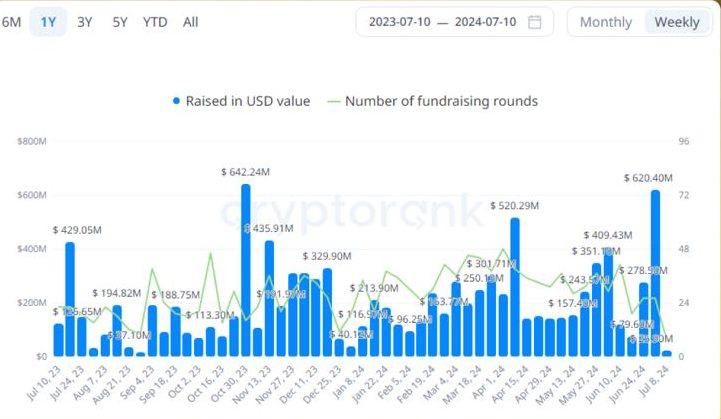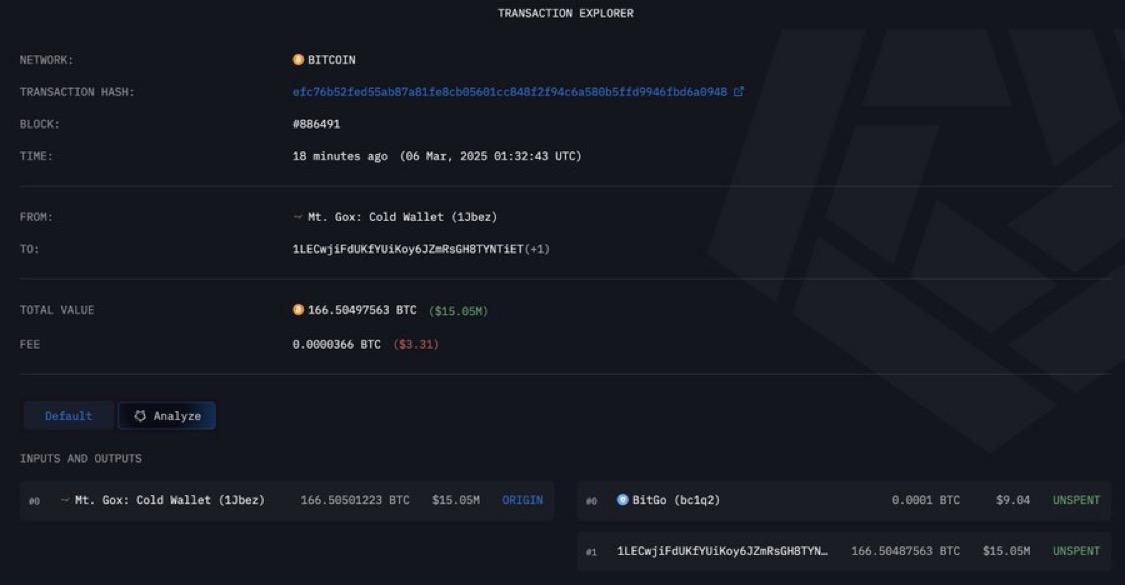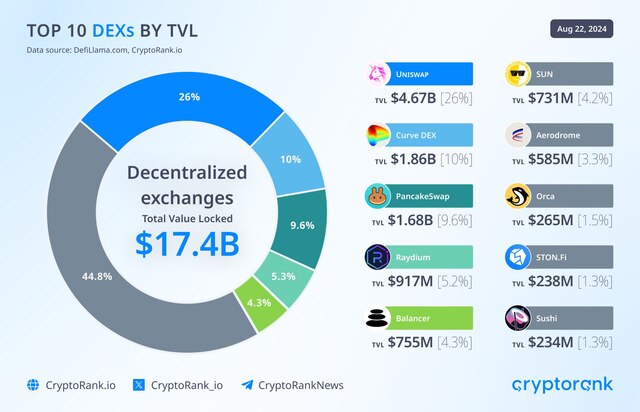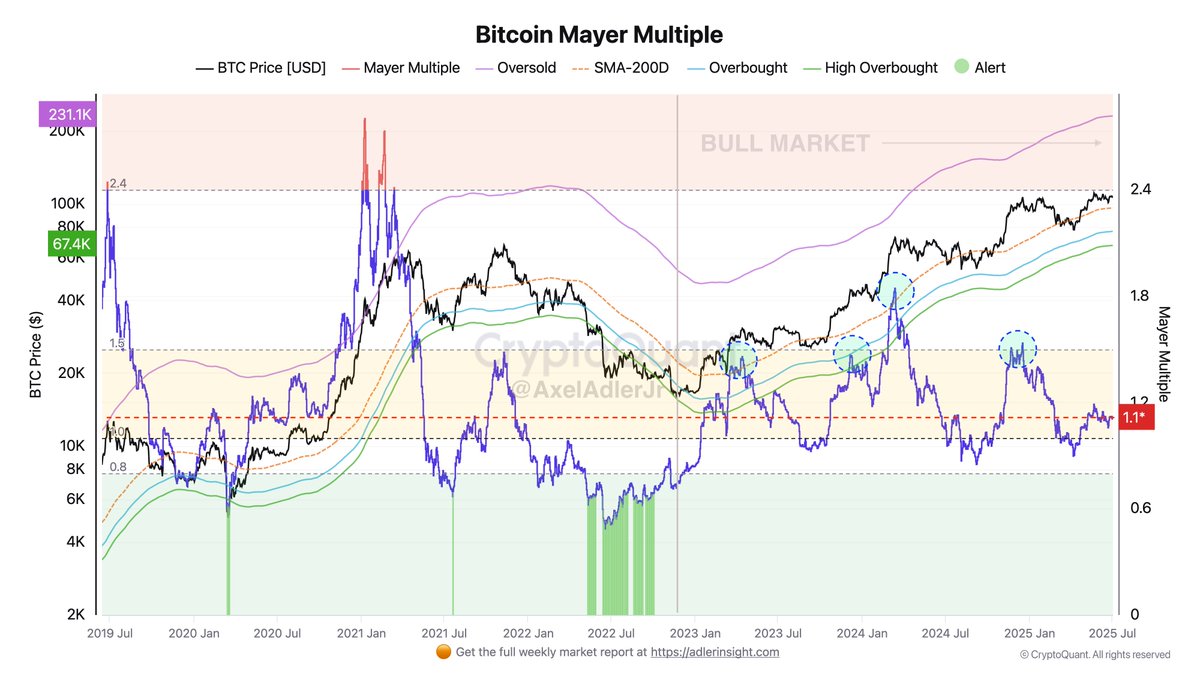Solana co-founder Anatoly Yakovenko has urged the Bitcoin community to accelerate its transition to quantum-resistant technologies. According to him, the progress in quantum computing is advancing faster than expected and could pose serious risks to the cryptographic protection of digital gold in the coming years.
Speaking on the All-In Summit 2025 podcast, Yakovenko noted that there is a 50% chance of a major breakthrough in this field within the next five years.
“We must move Bitcoin to a quantum-resistant signature system. Right now, multiple technologies are converging. The asymptotic pace of AI and the speed at which it goes from research papers to deployment is simply staggering,” Yakovenko emphasized.
Signals for Transition
In his view, the decisive factor will be the adoption of quantum-resistant cryptography by the world’s tech giants.
“Watch Google,” he said, implying that the moves of big tech companies could become a benchmark for the entire market.
At the same time, Yakovenko stressed that in the short term Bitcoin remains resilient to existing risks. Even a potential collapse of companies with BTC treasuries, he said, would not destroy the network thanks to its decentralized nature.
He also praised the Proof-of-Work algorithm as a “masterpiece of engineering simplicity,” highlighting its reliability in defending against coordinated attacks and large-scale hacks.
Expert Predictions and Quantum Risks
In December 2024, Google Quantum AI introduced the Willow chip, which sparked debate about potential threats to Bitcoin.
Experts remain divided:
- Some believe that quantum hacking of Bitcoin is still a distant possibility.
- Others point to the exponential development of technology.
For example, Capriole Fund founder Charles Edwards and University of Calgary scientist Pierre-Luc Dallaire-Demers warned that within five years, commercial quantum systems could break into Bitcoin wallets.
Tether CEO Paolo Ardoino went even further, suggesting that quantum computing could bring lost coins back into circulation, including around 1 million BTC likely belonging to Satoshi Nakamoto.
Casa co-founder Jameson Lopp, on the contrary, proposed proactively burning such addresses to prevent interference.
According to researchers at Chaincode Labs, between 20% and 50% of all circulating coins (roughly 4–10 million BTC) may be at risk of quantum hacking in the future.
Possible Defense Strategies
Developers are exploring several approaches to shielding Bitcoin from quantum threats, including transitioning to new types of cryptography and implementing quantum-resistant algorithms. However, experts agree on one point: solutions must be discussed now, before the first cryptocurrency faces a real quantum challenge.










